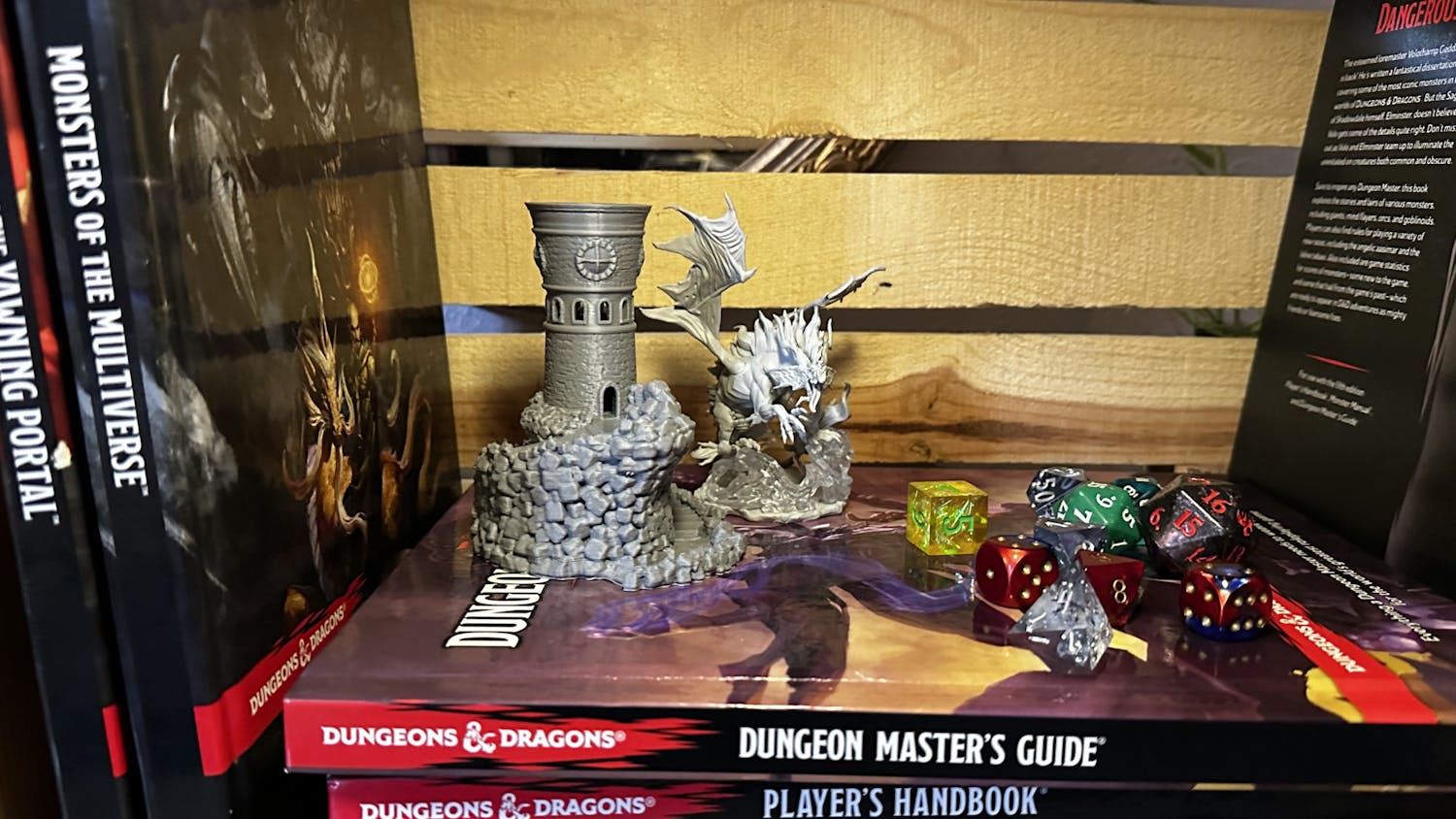Column by Emma Bjornsrud
Humans aren’t the only ones living on this planet — we aren’t even the only creatures here with opposable thumbs.
Animals are increasingly impacted by the effects of global climate change like habitat loss and changing temperatures, which primarily result from human behavior. We should all be concerned about the future of the human race, but we can’t forget about other beings who share our earth.
We should be prioritizing the conservation of land, but that also includes wildlife conservation. Robert Waddell, a wildlife biologist with the Washington Department of Fish and Wildlife, said he helps manage hunted and non-hunted wildlife species.
To conserve hunted species, Waddell said hunting must be done sustainably so that populations are maintained or even increased. For endangered species, he said that conservation efforts mostly entail habitat management to preserve the existing populations, with the goal of raising them over time.
One of the biggest conservation efforts in Whatcom County currently is preserving its elk population, one of the state’s smallest recognized elk gangs.
“It has a high interest not only by state recreational hunters and nature enthusiasts, but it also plays a very important role for the Point Elliott Treaty tribes,” Waddell said. “Because of that interest and the role that elk play, especially with the tribes, it elevates that animal quite a bit.”
Traditionally, many tribes have relied on elk as a source of food, and its declining population has brought food insecurity to some tribes. The Upper Skagit Tribe even resorted to recovering elk that had been hit by cars for meat back in 2008.
As cliché as it might sound, Waddell said living more sustainably can really benefit the environment and animals living in it. He suggested reducing single-use plastics, minding our water consumption, correctly recycling, planting a garden and, when spending recreational time outdoors, being responsible.
Another piece of advice: Don’t feed wild animals. Or, more accurately, don’t feed feral cats. They’re one of the most invasive species on the planet, and by feeding them, humans can disrupt the entire native food chain, Waddell said.
Of course, our relationship with wildlife is closely tied to our connections with our pets. The Progressive Animal Welfare Society (PAWS), a nonprofit organization based out of Lynnwood, works with both companion animals and wild animals. The group finds homes for cats and dogs, rehabilitates wildlife and aims to educate the community about animals.
The vice president of the PAWS board, Jennie Warmouth, is an educational psychologist, full-time teacher and participant in National Geographic’s Grosvenor Teacher Fellowship, a program that takes educators on expeditions around the world.
Her research is primarily based on young children and their connections to companion animals. Children who foster a relationship with their pets and learn to respect and take care of them can then begin to appreciate wild animals or those that don’t exist in their environment, Warmouth said.
“When the ecosystem or species are further from our immediate day to day life, it's more difficult to kind of envision that connection,” Warmouth said. “So I think that by grounding earlier education in those strategies, one can help kids develop a mindset that is a little bit more inclusive and globally-minded.”
In teaching kids, Warmouth said she wants to help them develop a sense of responsibility for their actions.
“I'm trying to help them draw some connections between just really local, everyday consumer behaviors and decisions that, without explicit instruction, they don't connect to the global impact,” she said.
Warmouth spent time in Arctic Svalbard with the National Geographic fellowship and since she’s returned, she’s seen her students feel empowered to make changes in their everyday behaviors that they know will benefit the environment, even all the way up to the North Pole, Warmouth said.
While it is important to examine our global impact, there’s also a lot that can be done to support local animals, such as Pacific Northwest salmon.
The Nooksack Salmon Enhancement Association (NSEA) is a Bellingham organization that primarily focuses on salmon habitat restoration. This work includes removing barriers to fish migration, planting native trees and vegetation along stream banks and creating salmon spawning areas. The community can take part in this process by attending their seasonal weekly work parties.
“Different types of restoration that we do [at NSEA] include removing any passage barriers so that fish can access habitat that was previously blocked, improving the habitat health of the streams themselves, doing in-stream restoration projects and largely restoring riparian habitat by planting native trees and shrubs,” said Rachel Vasak, the NSEA executive director.
Climate change is having an impact on native salmon, Vasak said. Specifically, flooding in the winter, drought in the summer, warmer water temperatures and lower dissolved oxygen content in rivers are all consequences of climate change that can have extremely negative effects on salmon populations. Changes in water level can make navigating water difficult for salmon and can wash away their eggs, and changes in water temperature and makeup lead the fish to be more susceptible to diseases and death.
But salmon aren’t just facing threats from the environment, they are also impacted by human behavior. Vasak said harvest management, dams and development along rivers impact water quantity and quality that directly affect salmon.
“While we as humans have a lot of impacts on salmon and other wildlife, we also have an opportunity to kind of lighten that collective impact and do things to help improve the environment,” she said.
Make choices that will benefit the planet and, in turn, all the animals living on it.





